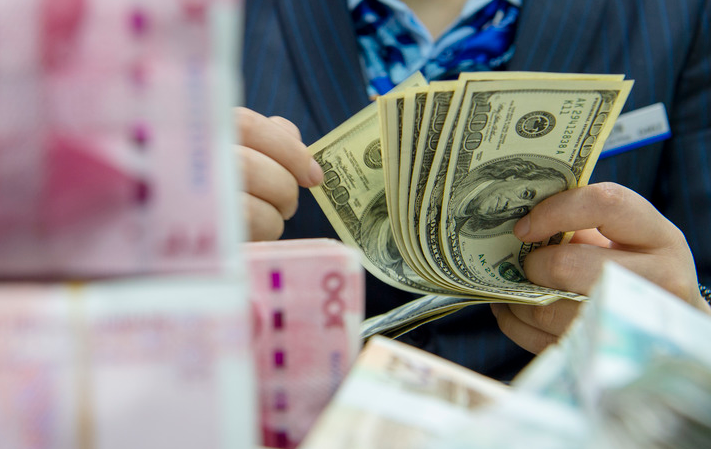China sees stable cross-border capital flows in Jan.

Cross-border capital flows remained stable for China in January, reported Xinhua Finance citing news released by the State Administration of Foreign Exchange (SAFE) on Wednesday.
The country's foreign exchange (forex) supply and demand were basically balanced last month. Non-banking sector such as enterprises and individuals contributed 35.1 billion U.S. dollars of balance of payments surplus, up 52 percent from December 2022.
For banks, their forex purchasing and sales resulted in a monthly forex surplus of 2.5 billion U.S. dollars.
In general, the indicators pointed to a pleasant beginning for 2023, with also steady expectations for forex market running from market entities and orderly and rational market transactions in last month.
Similar to the past, goods trade and foreign direct investment (FDI) continued to play a fundamental role in cross-border capital flows.
In January, net capital inflows brought by FDI were stable. What's noteworthy, overseas investors actively participated in investment in China's stock market. Their net monthly purchases of domestic stocks amounted to an all-time-high at 27.7 billion U.S. dollars in January.
In the future, SAFE expected a solider fundamental for the stable cross-border capital flows for China.
Wang Chunying, deputy head and spokesperson with SAFE, said that China's bright long-term economic prospects are unlikely to change and attractiveness of Renminbi assets has further strengthened.
Under such circumstances, China's forex market has been more likely to keep stable, especially when monetary tightening in major developed economies and the related spillover effects ease, according to the report.


